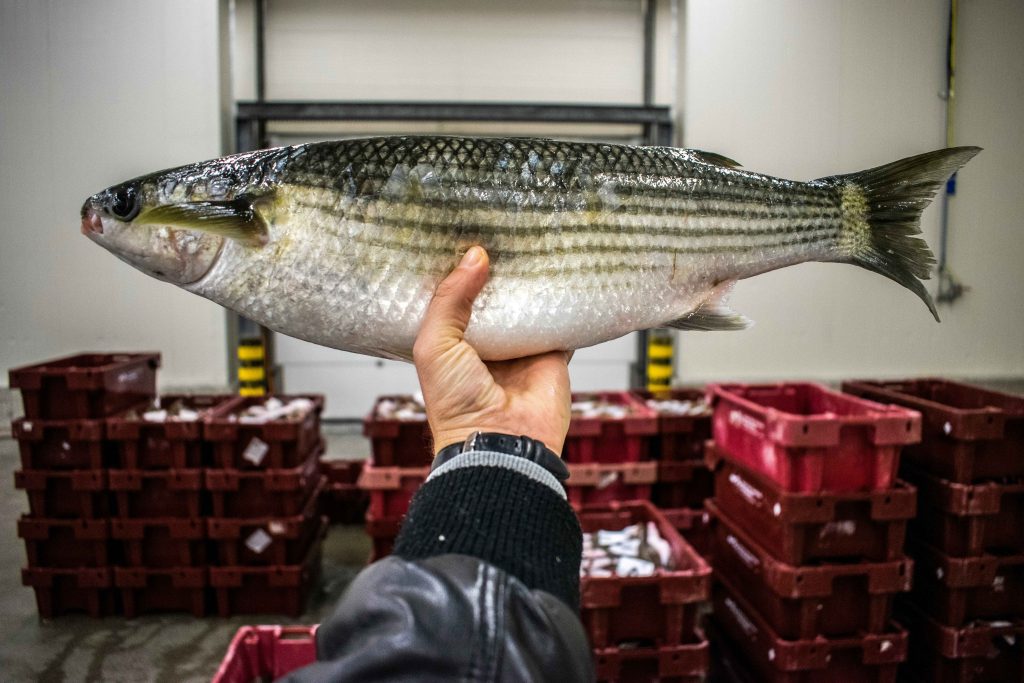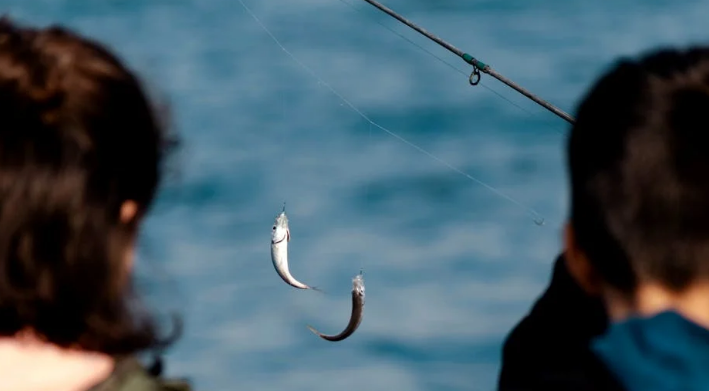Mullet fish are a common sight in coastal waters around the world, known for their distinctive appearance and unique habits. While they are primarily known as game fish and are often targeted by anglers for sport, many people wonder whether mullet fish are suitable for consumption. In this article, we’ll explore the culinary aspects of mullet fish, including their taste, nutritional value, and cooking methods.
What is Mullet Fish?

Mullet fish belong to the Mugilidae family, which includes over 80 species found in saltwater and freshwater environments. They are characterized by their elongated bodies, typically silver or gray in color, and easily detachable scales. Mullet are renowned for their ability to adapt to various habitats, including estuaries, rivers, and coastal waters.
Types of Mullet Fish
There are several species of mullet fish, each with its own unique characteristics and distribution:
- Striped Mullet (Mugil cephalus): Found worldwide in tropical and temperate coastal waters.
- White Mullet (Mugil curema): Commonly found in the Atlantic Ocean and Gulf of Mexico.
- Redlip Mullet (Chelon labrosus): Native to the eastern Atlantic Ocean and Mediterranean Sea.
Can You Eat Mullet Fish?
Yes, mullet fish are edible and enjoyed in many cuisines around the world. They are particularly popular in Mediterranean, Asian, and Southern U.S. cuisine. The method of preparation often depends on the specific species of mullet and regional culinary traditions.
Culinary Aspects of Mullet Fish
Taste and Texture
Mullet fish have a distinct flavor that can vary depending on their habitat and diet. They are generally described as having a mild, slightly sweet taste with firm flesh. The texture is often firm yet tender when cooked properly, making mullet suitable for a variety of cooking methods.
Nutritional Value
Nutritionally, mullet fish offer several health benefits:
- Protein: High-quality protein source essential for muscle growth and repair.
- Omega-3 Fatty Acids: Good source of omega-3s, beneficial for heart health and reducing inflammation.
- Vitamins and Minerals: Rich in vitamins B12, D, and selenium, important for overall health.
Cooking Methods
Mullet fish can be cooked in numerous ways to enhance their natural flavors:
- Grilling: Perfect for whole mullet or filets, retains moisture and imparts a smoky flavor.
- Frying: Lightly breaded mullet filets are crispy on the outside and tender on the inside.
- Baking: Baking with herbs and lemon enhances the natural sweetness of mullet fish.
- Steaming: Retains moisture and nutrients, ideal for delicate mullet filets.
Considerations
When consuming mullet fish, consider the following:
- Freshness: Like any seafood, fresh mullet is essential for optimal taste and texture.
- Cleaning: Proper cleaning and gutting ensure the removal of any bitter flavors.
- Cooking: Avoid overcooking mullet fish to prevent it from becoming dry and tough.
Culinary Uses
Mullet fish are versatile and can be used in various dishes:
- Smoked Mullet Dip: Popular appetizer in Southern cuisine, combining smoked mullet with cream cheese and seasonings.
- Grilled Mullet with Lemon: Simple yet flavorful dish showcasing the natural taste of mullet fish.
- Mullet Roe: Considered a delicacy in some cultures, often used in sushi or as a garnish.
Conclusion
So, Can You Eat Mullet Fish? In conclusion, mullet fish are not only edible but also offer a range of culinary possibilities. Whether grilled, fried, or baked, mullet’s mild flavor and firm texture make it a versatile choice for seafood lovers. Remember to source fresh mullet and experiment with different cooking methods to fully appreciate its taste and nutritional benefits.
Frequently Asked Questions
1. Is Mullet Fish Safe to Eat?
Yes, mullet fish are safe to eat and are consumed in many parts of the world. As with any seafood, it’s essential to ensure they are sourced from clean waters and prepared and cooked properly to avoid any health risks.
2. What Does Mullet Fish Taste Like?
Mullet fish have a mild and slightly sweet flavor with firm flesh. The taste can vary slightly depending on the species and their diet but is generally enjoyable and versatile for various cooking methods.
3. How Should I Cook Mullet Fish?
Mullet fish can be cooked in several ways, including grilling, frying, baking, and steaming. Grilling and frying are popular methods that enhance its natural flavor, while baking and steaming preserve its moisture and tenderness.
4. Are There Any Health Benefits to Eating Mullet Fish?
Yes, mullet fish are nutritious and offer several health benefits. They are a good source of high-quality protein, omega-3 fatty acids, vitamins B12 and D, and minerals like selenium. These nutrients support heart health, muscle growth, and overall well-being.



